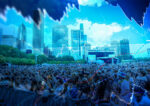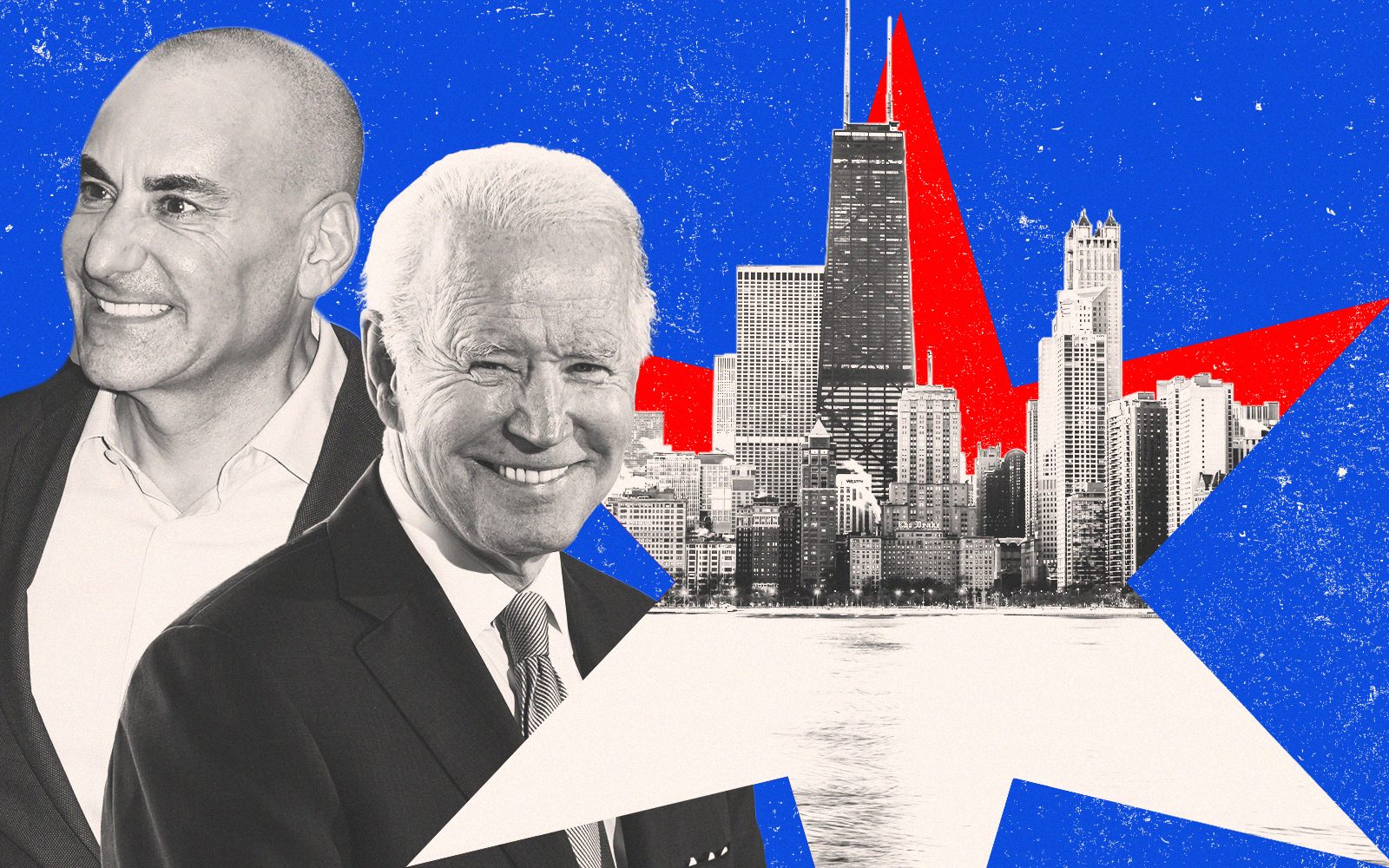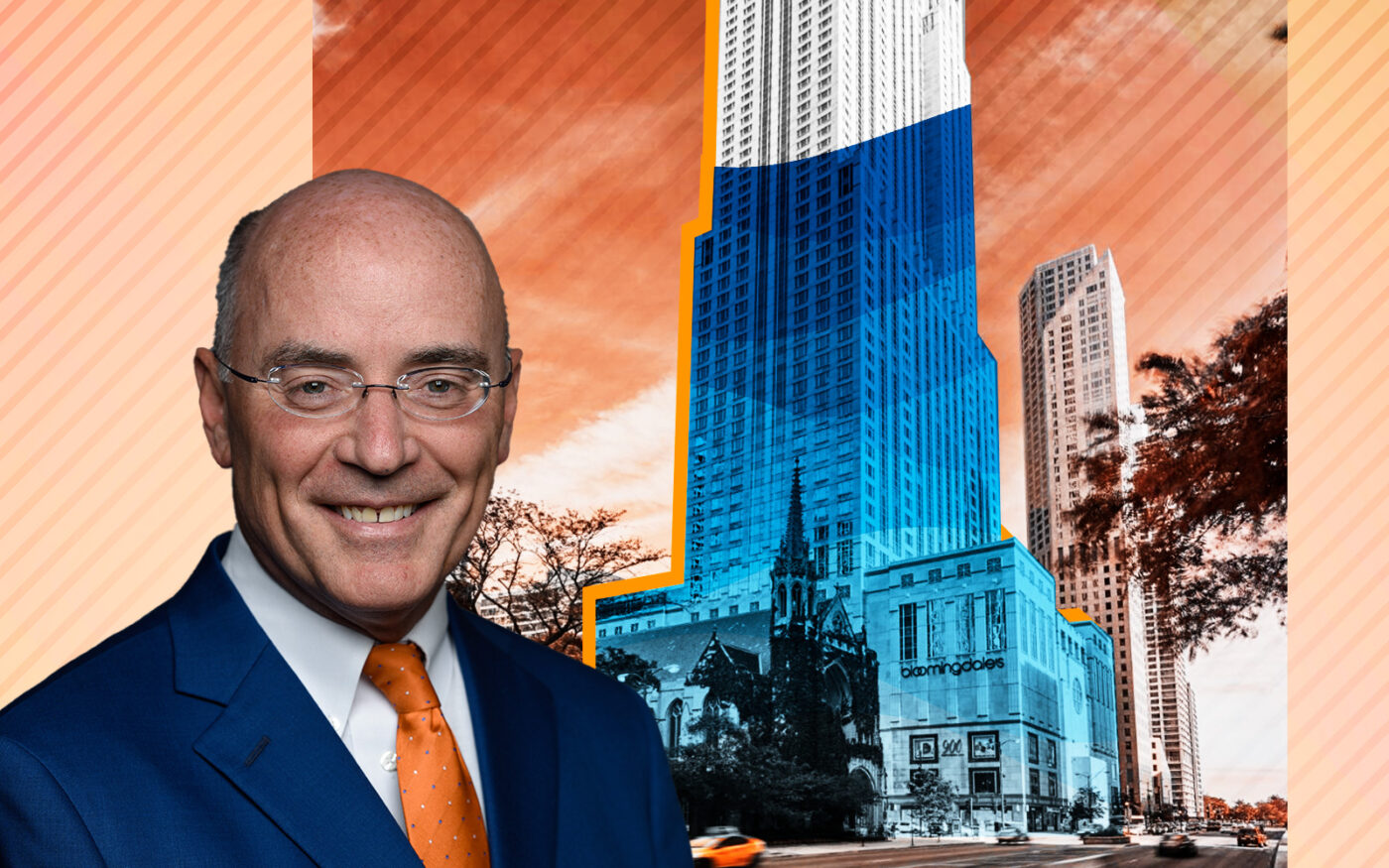As tourism season comes to an end, Chicago’s lodging industry is working to ride the momentum from large events this past summer that boosted occupancy levels and helped spark a post-pandemic recovery.
With the help of events like Lollapalooza and NASCAR, the average hotel occupancy rate reached 75 percent in the third quarter, the highest figure since the pandemic hit, the Chicago Business Journal reported, citing data from the Chicago Loop Alliance, a business improvement district in the central city.
The recent gains still leave ground to make up–the occupancy rate stood at 85 in the third quarter of 2019, just before the onset of the pandemic.
Chicago hotels have reaped the benefits of entertainment spectacles and an uptick in foot traffic. Pedestrian activity on State Street and Michigan Avenue increased by 75 percent in the third quarter compared to pre-pandemic levels. Pedestrian activity rose 9 percent year-over-year last quarter.
“Our data here for the third quarter mirrors what other large cities are going through, in that it is really being led back in many ways by visitors,” Loop Alliance CEO Michael Edwards told the outlet. “The Taylor Swift and Beyoncé concerts — those kinds of big events that attract people from all over the region are really driving the downtown economy.”
Through the first half of 2023, hotel revenue surged to a record high of $1.12 billion. That’s a 24 percent jump from the same period last year. Moreover, room demand totaled 1.56 million at the midyear mark, up 28 percent year-over-year.
While it’s been a big bounce back year for the lodging industry, there are still some challenges hindering a full-on recovery. Business travel still pales in comparison to pre-pandemic days, and there’s a gap in convention business. However, Edwards said he is confident that business travel is on an upward trajectory, he told the outlet.
With summer tourism in the rearview, hoteliers and other businesses in the Central Loop are looking ahead to the holiday shopping season, which will be a crucial period for downtown real estate, particularly for the hospitality and retail sectors. Akin to hotels, Chicago retailers have been grappling with reduced foot traffic and major shifts in the market, including a rise in e-commerce, accelerated by the pandemic.
—Quinn Donoghue
Read more



